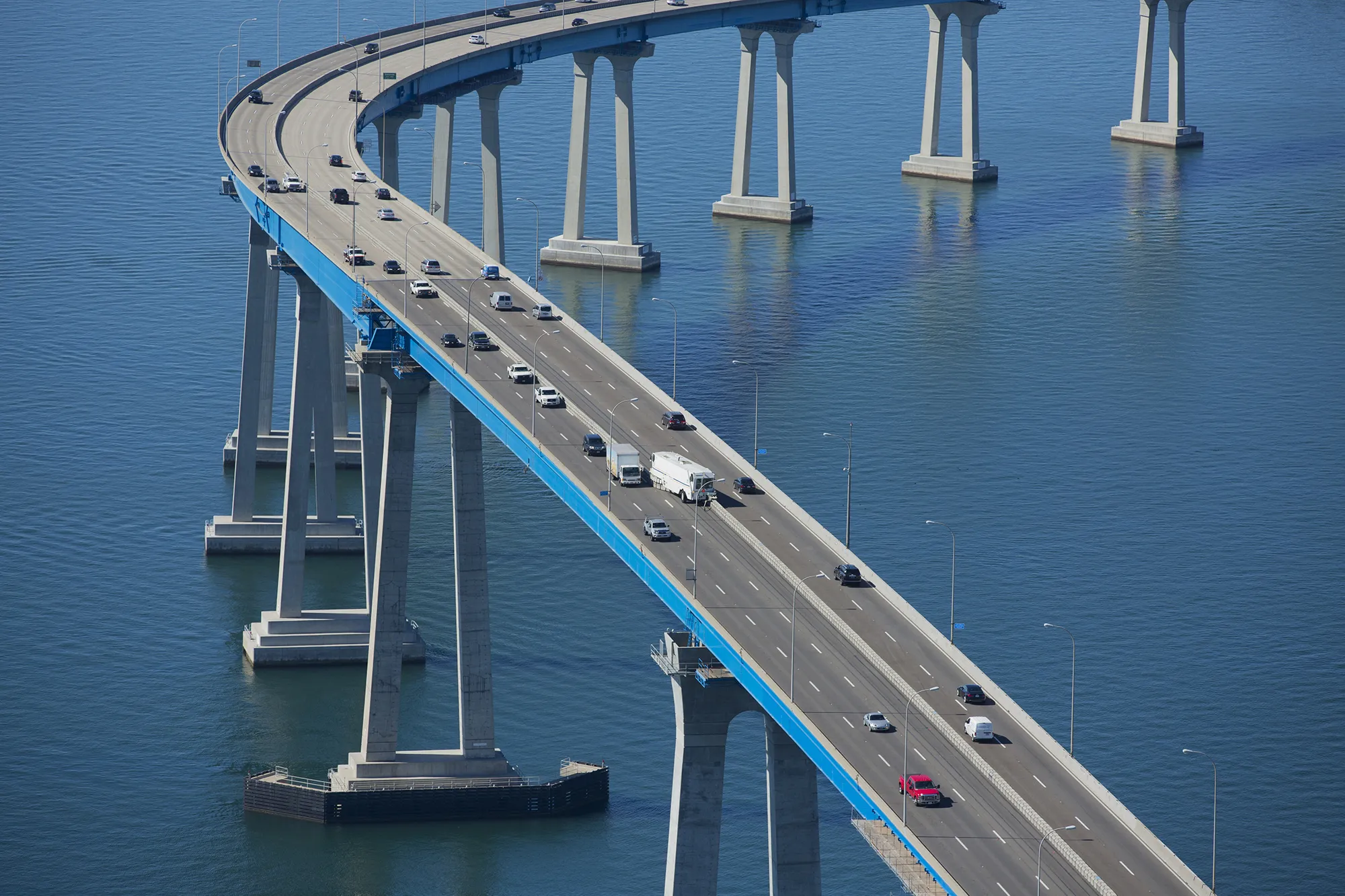2652 Singapore's Land Transport Authority (LTA) is going ahead with plans to upgrade the Pan Island Expressway (PIE). Two sections of the existing route will be widened, boosting capacity and improving traffic flow at peak periods. The project calls for extra lanes to be added in either direction to the sections of the road experiencing most congestion at present. One of the sections is between the Bukit Timah Expressway (BKE) and the Adam Road exit, while the other runs from the Clementi Avenue 6 exist to the BKE. The US$63 million project will be carried out by contractor Hwang Seng Builder, which will commence working on the upgrade in July-December 2011 and complete the work by 2014.








